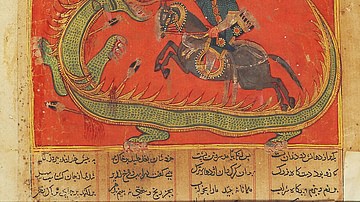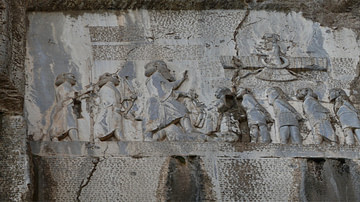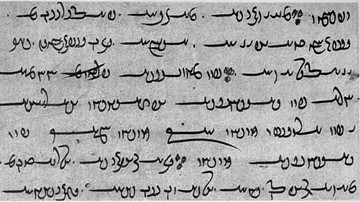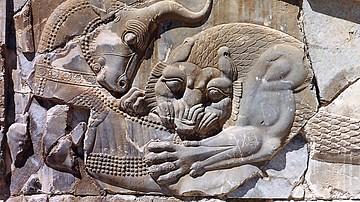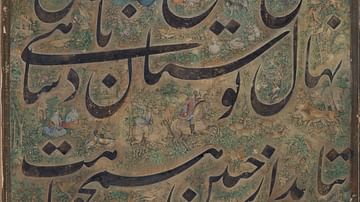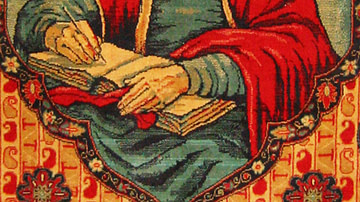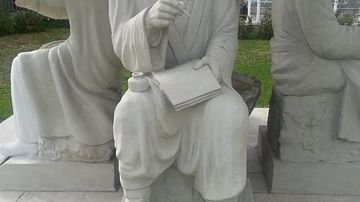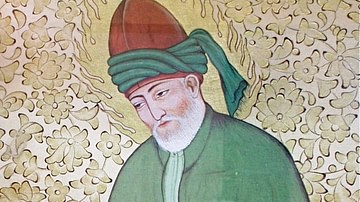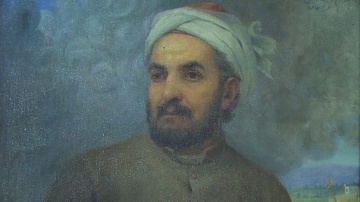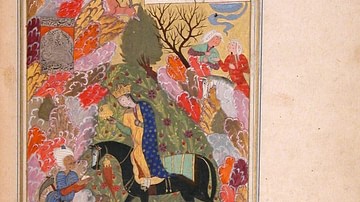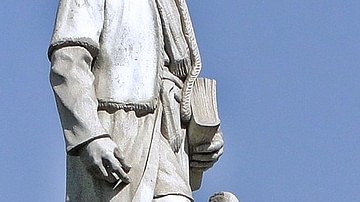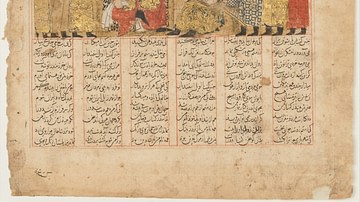Persian literature is usually dated to the Behistun Inscription of Darius I (the Great, r. 522-486 BCE) at c. 522 BCE. It is generally understood that a significant body of work was created by Persian writers between that time and c. 330 BCE when Alexander the Great destroyed the library at Persepolis when he set fire to the city.
Many scholars, therefore, claim there is no “Persian Literature” prior to the Sassanian Empire (224-651) or date its beginnings to c. 750 with the rise of the Abbasid Dynasty whose poets preserved ancient tales from pre-Islamic Iran. Those who date Persian literature to the Sassanian Period cite the reign of Shapur I (240-270) as its inception as he encouraged literacy by having the Avesta, previously an oral text, committed to writing.
Although “literature” is commonly understood to refer to works of the imagination, Persian literature includes scripture, medical treatises, histories, and many other kinds of writings. A religious text like the Avesta, included below, might not be defined as “literature” in another culture but is regarded as such in Persian literature owing to its literary style and lyricism.
